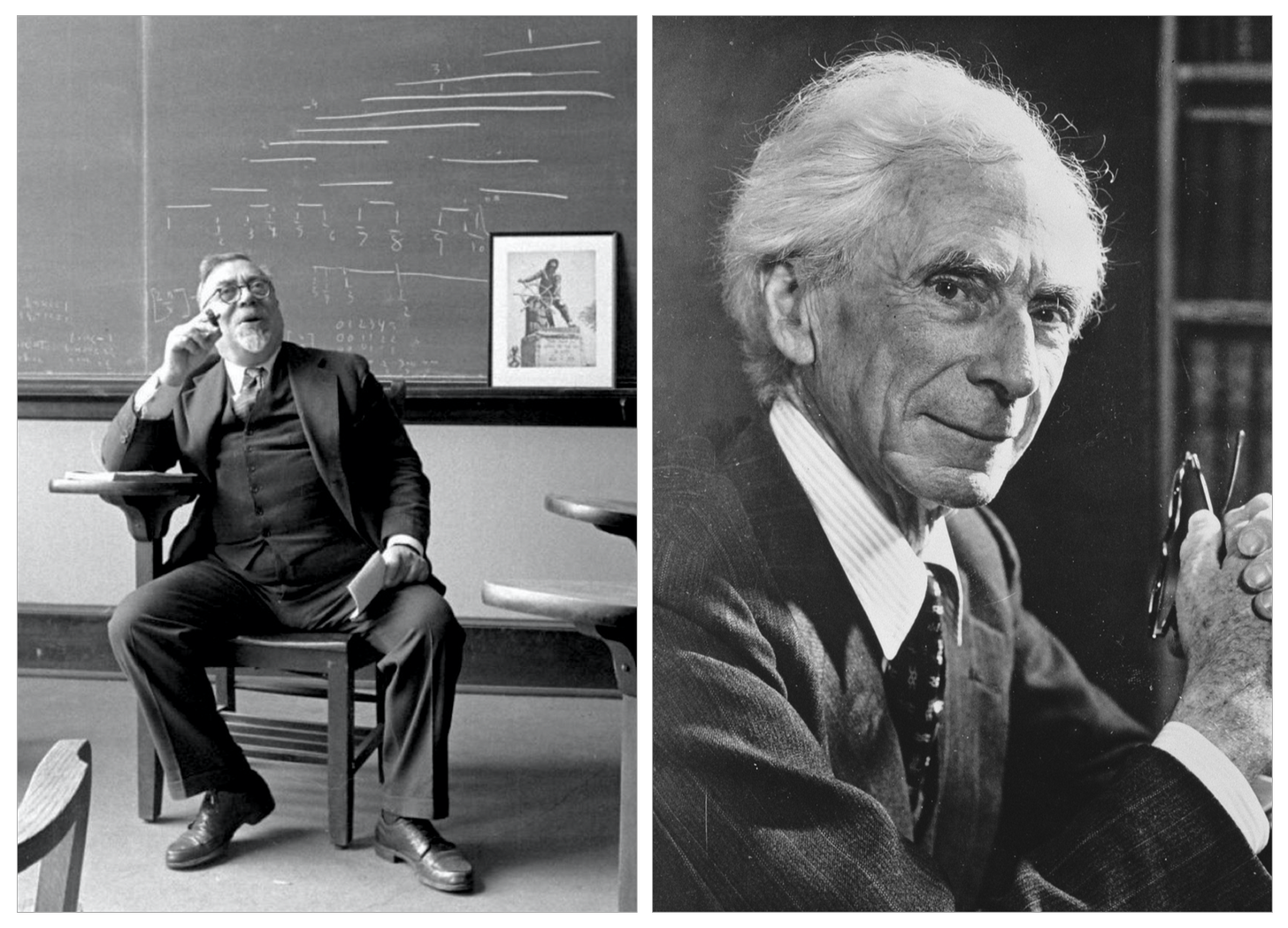This essay is also available in audio format.
The later “Father of Cybernetics” Norbert Wiener (1894–1964) first arrived at Trinity College, Cambridge in September of 1913. Traveling with him was his entire family, spearheaded by his father Leo who had seized on the opportunity to take a year of sabbatical from his professorship at Harvard and accompany his newly graduated son to Europe. Norbert’s doctoral thesis in mathematical logic and philosophy had won one of Harvard’s prestigious one-year graduate fellowships to study abroad. He was 18 years old.
No doubt influenced by the interests of his father Leo, Norbert decided to spend his first year as a post-graduate in England. As Conway & Siegelman (2005) write:
“Young Wiener strode through the great gate of Trinity College, Cambridge, the Mecca of modern philosophy and the new mathematical logic, with his father in lock-step behind him”.
Waiting for him there, was the world’s per…



